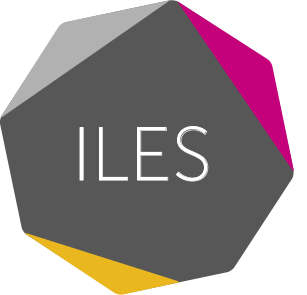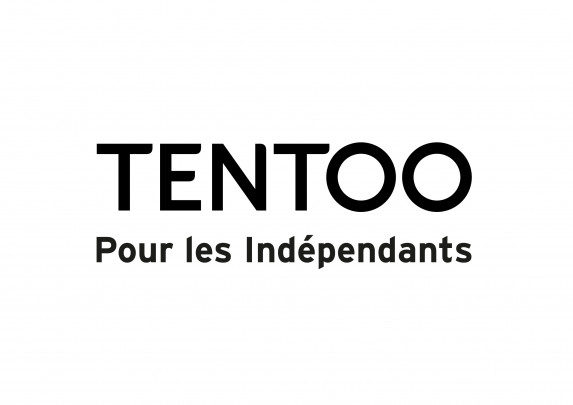If you start a business, you have to make a big decision beforehand: will you operate as a sole proprietorship or a company? To help you make a well-informed choice, we outline the main differences, advantages and disadvantages here.
What is the big difference?
Legal personality
The main difference between a sole proprietorship and a company is that you are responsible in person for a sole proprietorship. In other words, you are your business. This means that your company’s capital corresponds to what you have in the bank, on good and bad days. If, on the other hand, you opt for a company form (nv, bv or cv), you set up a separate legal entity, allowing you to keep your own money separate from your business assets. The partnership form is the only exception.
In practice, what does it mean? With a company, you are protected if your business is in financial trouble, while you are 100% liable in a sole proprietorship.
Start-up conditions
A sole proprietorship is easy to set up. You go through all the registration steps at the Crossroads Bank for Enterprises (CBE), you get affiliated with a social insurance fund and you can start.
A few more prerequisites must be met for the incorporation of a company: a financial plan, a constituent deed through a notary public and – in certain cases – sufficient starting capital. The latter depends on the company form you choose. For example, you will need 61,500 euros to start an NV (public limited company), while you can start working without starting capital in the case of a BV (private limited company).
Tax implications
The proceeds from a sole proprietorship are taxed through the personal income tax. The underlying principle in this case, therefore, is: the more profit you make, the more taxes you pay. Once all taxes have been paid, your net profit is usually less than 40%, while for a company it is at least 66%. That’s because the corporation tax applies in this case. You can also optimise your taxes and pay yourself a steady income.
The pros and cons at a glance
A sole proprietorship: top 3 pros and cons
|
Pros |
Cons |
|
You don’t need any starting capital. There are few formalities. |
Major financial risks on a personal level as there is no distinction between personal assets and those of the company |
|
You are the one taking all the decisions regarding your business. |
You can only invest your own capital. |
|
You don’t have to deal with complex administration (simplified accounting) |
The tax rate is relatively high as the personal income tax is higher than the corporation tax. |
A company: top 3 pros and cons
|
Pros |
Cons |
|
Your private assets remain (in principle) out of reach. |
You need sufficient capital for a private limited company (BV/SP), 61,500 € for la imited liability company (SA/NV) |
|
You have more tax options. |
You have more legal obligations (accounting). |
|
More partners = more financial opportunities. |
A more expensive and complex start-up procedure, as well as higher running costs. |
Conclusion
Ask yourself these questions beforehand: Do you have little starting capital? Are you reluctant to take major risks? And are you still ensure as to how much your income will be? If the answer is ‘yes’ for every question, then opt for a sole proprietorship.
If business is good, then you can always switch to a suitable company form, since it becomes more interesting to set up a legal entity as your profit increases. However, if you have to make a large investment right away and your activity involves financial risks, you are better off to set up a company directly (provided you have sufficient starting capital).
Who can help me ?





